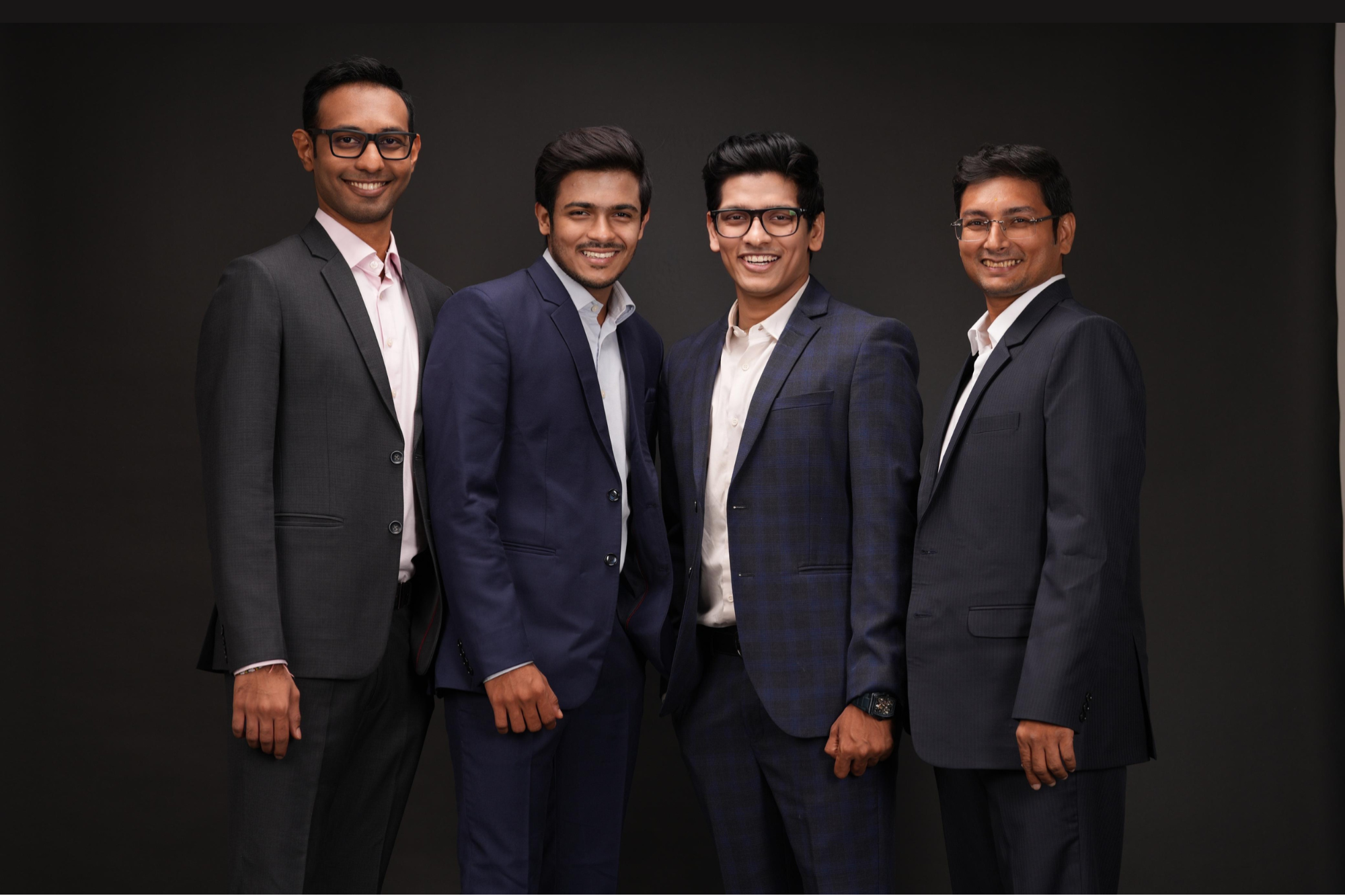Facebook: What is Mark's entrepreneurial agenda in India? India is only second to US on the count of FB users.
By Akash Shukla
Opinions expressed by Entrepreneur contributors are their own.
You're reading Entrepreneur India, an international franchise of Entrepreneur Media.

Shocking, but true! Millions across the globe already believe that Facebook is Internet. This does bring us to a critical juncture: Is Facebook blurring the Internet identity?
On October 28, Facebook founder Mark Zuckerberg walked on to a stage at the Indian Institute of Technology (IIT) Delhi to a resounding applause. In an hour-long closely controlled question-and-answer session, one of the key questions shot at him was: "Why are you showing so much interest in India? Answer honestly."
The 31-year-old Harvard dropout pretty much unflinchingly dived straight into nuances and spoke on the importance of its 130 million users from India in the Facebook universe. It is pertinent to mention that India is only second to US on the count of FB users.
Speaking of his heart on the mission in Indian subcontinent, Zuckerberg spoke of his contentious plan to dole out Internet services to several million Indians who still are not connected to the Internet.
Internet.org, which drew a lot of flak from the advocates of net neutrality in India, is a free but limited Internet service for the subscribers of Reliance Communications in the country. Zuckerberg tried to douse some flaring concerns and advocated the roused case with this assertion: "Net neutrality is an important principle and we are doing a lot to push it."
However, the ground reality is a bit of a variant from the claimed one. In fact, Facebook's chief operating officer Sheryl Sandberg said in the developing world, "people will walk into phone stores and say "I want Facebook.' People actually confuse Facebook and the Internet in some places."
In a bid to annul the controversy Zuckerberg defended his stand, "Some of the people advocating net neutrality say that there should be no zero rated Internet. Zero rating is important to ensure that more people get on to the Internet."
The zero-rated Internet is good on its USP that it doesn't charge customers on the use of certain websites and apps. It continues to be a contentious topic in India as the likes of Zuckerberg believe that it is essential to bring everybody online while critics claim that the richly-funded websites would rake in the benefits and the moolah. Consequently, it would eclipse the small players and the startups and in the long-run quality of Internet would be affected for the "imminent billion users'.
On the entrepreneurial end, it appears, for now, that Mark Zuckerberg has aimed for the best of both worlds when it comes to India as Internet.org can bring him brawn of gatekeeping (which he safely terms as "a gateway') in the virtual world and moolah as it would for rope in a billion prospective net users. In a nutshell, speculations are rife about FB being the neo-Internet avatar in the developing world.












